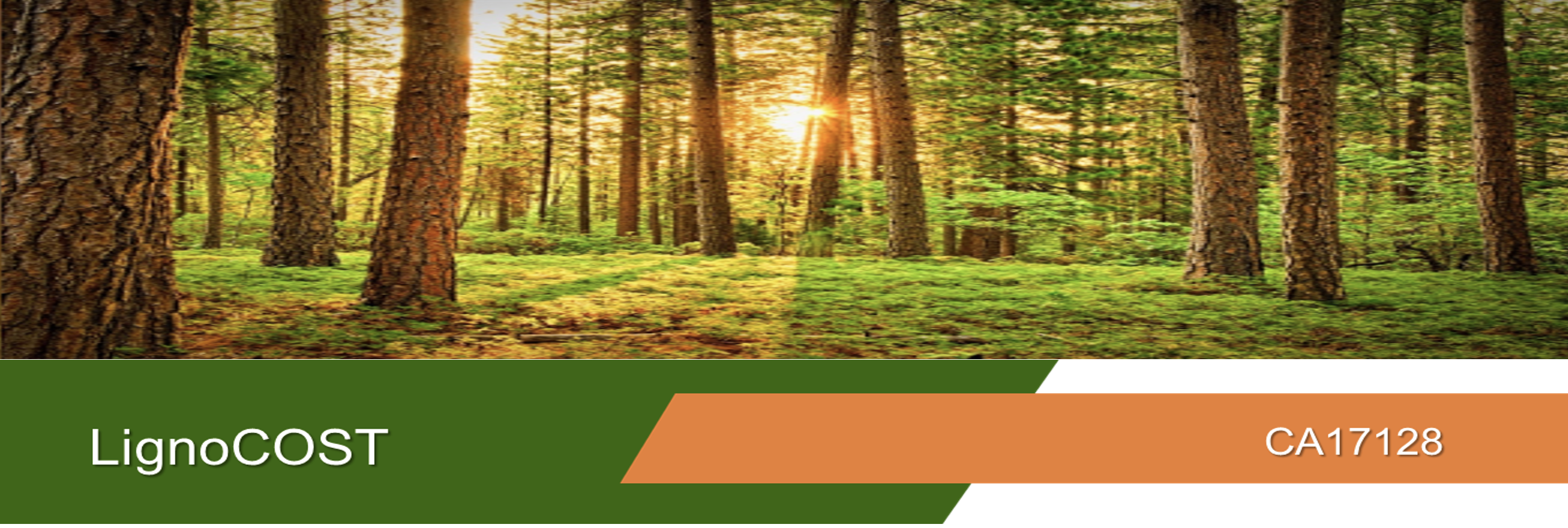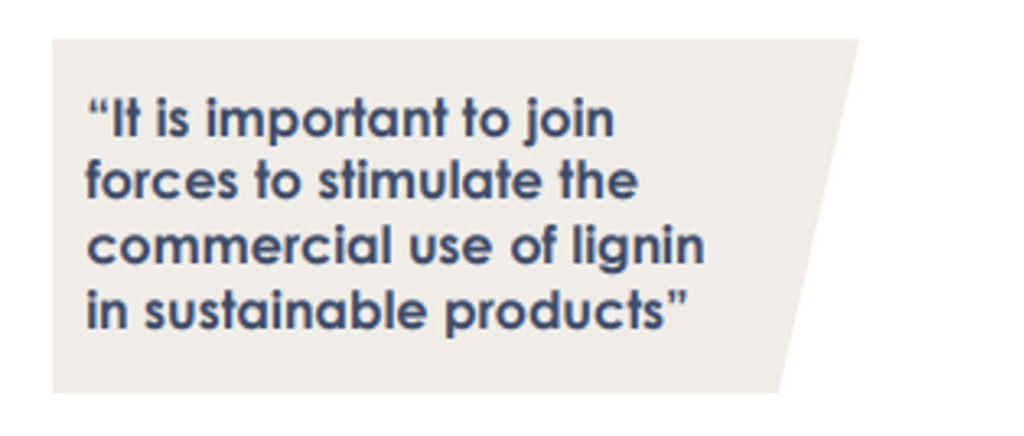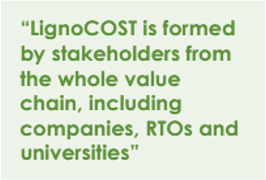


Menu
Triantafyllidis Research Group





CA17128 (LignoCOST)
Establishment of a Pan-European Network on the Sustainable Valorization of Lignin
Duration
3/10/2018 – 03/04/2023
Description
of a complex, highly underexploited side stream to a major biorefinery product and industrial commodity raw material, a European network is established to join and coordinate the many efforts underway in academia and provide industrial stakeholders including SMEs relevant and up-to-date information on lignin covering topics and objectives, as described below.

Main objectives

Working Groups
LignoCOST has been organized via the following working groups:

Working Group 1: WikiLignin
Working group 1 is focusing on the development of an open access web tool-based lignin information package. Furthermore, standardization of analytical methods for evaluation of technical lignin properties and mapping and inventory of lignin production/valorization research infrastructure in Europe will be performed.
Working Group 2: Production and catalytic conversion technologies, including technology readiness level (TRL) assessment
Working group 2 is going to create an overview of existing and novel lignin production and conversion technologies, including technologies to change the lignin structure in plants and to improve lignin’s intrinsic properties. And to analyze what biomass structure – pretreatment – conversion technology –application relationships can be defined. Feedstock-technology performance indicators will be developed to assess the efficiency of conversion of different types of biomass (for lignin-first approaches) or technical lignins (when lignin valorization follows isolation by pretreatment). Identification of opportunities for back and forward integration of biocatalytic or chemo-catalytic conversion technologies with upstream (refining / isolation / pretreatment efforts) or downstream (materials applications / chemicals manufacture) processing will be done. To benchmark critical process parameters on conversion technology and downstream processing, heat integration, etc., in order to identify the major hurdles to development to higher TRLs.
Working Group 3: Industrial application requirements versus lignin properties
Working group 3 will make an inventory of relevant applications in which lignin or derivatives thereof can be used to substitute fossil-based compounds, and of the required technical specifications of lignin-based compounds. Identify promising lignin product-resource combinations, extract structure-property relationships and address “white-spots” in knowledge and technology for further innovation.
Working Group 4: Development of value chains for lignin valorisation
Working group 4 will deliver information on the description of whole value chain approaches, including sustainable lignin valorization. Identification of stakeholders along the value chains and description of the current state-of-the-art.
Working Group 5: Technical and full sustainability aspects, LCA, market deployment potential and implementation
Working group 5 will support the most promising lignin valorization chains with a multi-criteria evaluation of sustainability aspects (including LCA data) with emphasis on process profitability to make maximal use of the market potential and support the market deployment. Furthermore, identification of non-technical deployment barriers and of strategies to overcome them will be a result delivered by this working group.
Role & Involvement of AUTH
WG1: Our group contributed to the establishment of Wiki Lignin by providing relevant methods, reports and papers.
WG2: AUTH team provided information and exchanged knowledge with LignoCOST’s members on various lignin production and conversion processes, such as hydrothermal, hydrolysis, and organosolv for lignin isolation, pyrolysis and hydrogenolysis for the conversion of lignin to phenolic/aromatic bio-oils, and hydrotreatment/deoxygenation for biofuels production. Additionally, our team contributed to the development of lignin characterization methods.
WG3: + WG4: The contribution of our group to both WG3 and WG4 was pivotal in investigating and evaluating the potential of lignin utilization in bio-based polymers and composites. Our group specifically contributed to the development of lignin-based epoxy and phenol-formaldehyde (PF) resins, investigating the effect of lignin physicochemical characteristics on the properties of the final polymers and composites.
WG5: Our group contributed to WG5 by performing techno-economical and life-cycle analysis (TEA & LCA) studies related to the fast (catalytic) pyrolysis of various lignins towards value added chemicals and energy.
Short Term Scientific Missions (STSM):
LignoCOST supported the mobility of young researchers and fostered the collaboration between our group and partner laboratories, institutions, and universities. Specifically, our group participated in 3 STSM, (2 outgoing, 1 incoming).

AUTH Team

For more information, please consult the LignoCOST website:
Social media:
Facebook > https://www.facebook.com/lignocost/
Linkedin > https://www.linkedin.com/company/lignocost

COST (European Cooperation in Science and Technology) is a funding organization for research and innovation networks. Our Actions help connect research initiatives across Europe and beyond and enable researchers and innovators to grow their ideas in any science and technology field by sharing them with their peers. COST Actions are bottom-up networks with a duration of four years that boost research, innovation and careers. https://www.cost.eu/